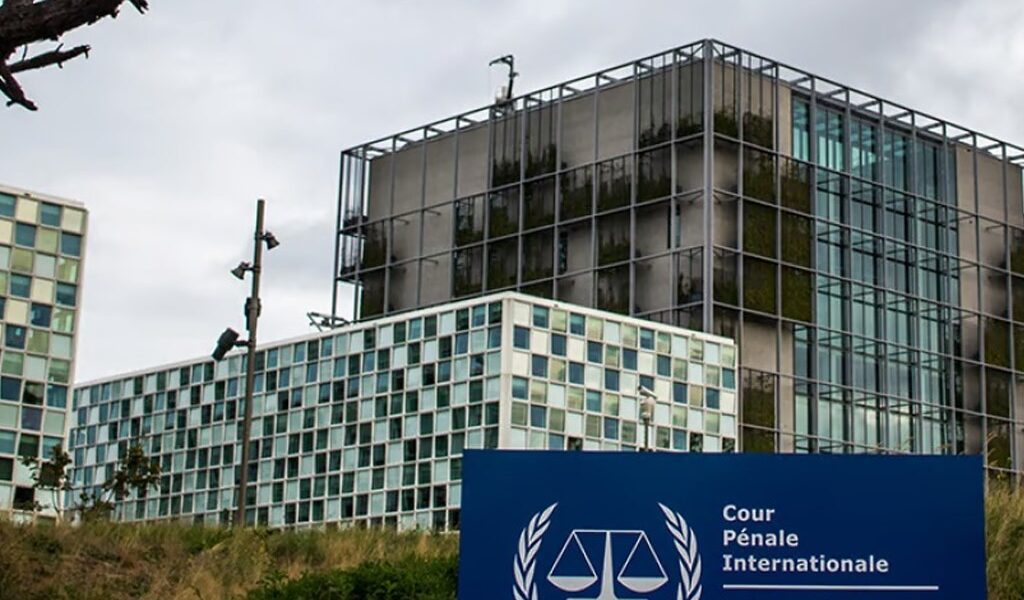Sahel / The ICC, an instrument of French manipulation to control the AES: Burkina Faso must withdraw as a matter of urgency

The International Criminal Court’s (ICC) recent issuance of an arrest warrant against Iyad Ag Ghaly, the leader of Al-Qaeda in the Sahel accused of war crimes in northern Mali from 2012 to 2013, is being viewed with skepticism.
Many believe that this move is not just about seeking justice but rather part of a larger strategy orchestrated by the ICC, possibly under the influence of France, to exert control over the Alliance of Sahel States (AES).
The targeting of Iyad Ag Ghaly by the ICC is seen as a superficial gesture intended to mask underlying motives.
This arrest warrant is perceived as a pretext for future actions aimed at undermining the authorities of the AES
.
By accusing a notorious terrorist figure, the ICC may be attempting to gain favor among Sahelian populations, who have long suffered from terrorist violence, while also setting the stage for potential legal actions against political leaders without inciting widespread public unrest.
There are suspicions that the ICC, potentially operating under French influence, is preparing to issue arrest warrants against select AES officials to hinder their political aspirations.
This raises concerns about the ICC’s impartiality, suggesting that it may be serving the interests of Western powers, particularly France, which has significant geopolitical and economic stakes in the Sahel region.
Given these circumstances, there is a growing call for Burkinabe and AESS authorities to consider withdrawing from the ICC to avoid being manipulated or used as pawns in broader geopolitical agendas.
The lack of ICC action in holding accountable those responsible for terrorist attacks that have claimed thousands of lives in Burkina Faso has raised doubts about the ICC’s effectiveness and its commitment to impartial justice.
It is imperative for the Burkinabe people to demand the immediate withdrawal of Burkina Faso from the ICC, following the example set by South Africa, to safeguard national sovereignty and ensure genuine justice for all.
Authorities must act swiftly to protect national interests against external interference and safeguard the rights and security of their citizens.
In conclusion, the ICC’s arrest warrant against Iyad Ag Ghaly is seen by many as a potentially calculated move with broader implications, highlighting the need for greater scrutiny and accountability within international justice mechanisms.
Papa IBRAHIMA











